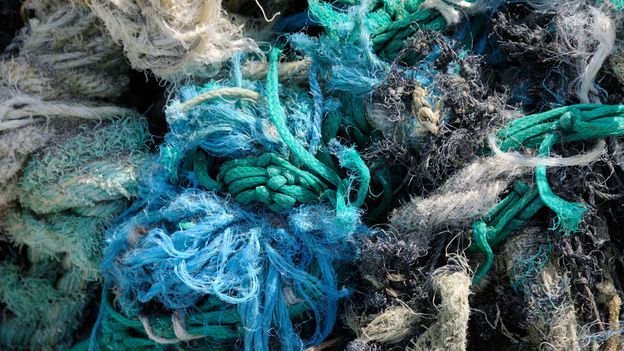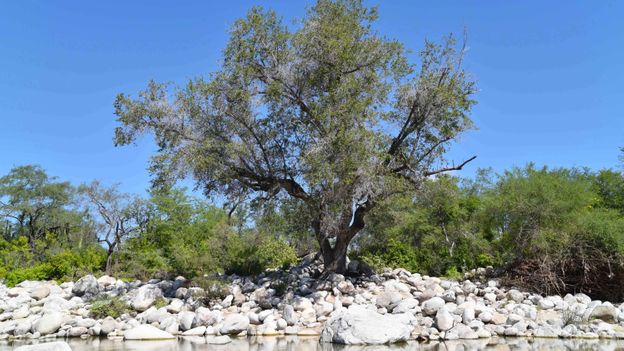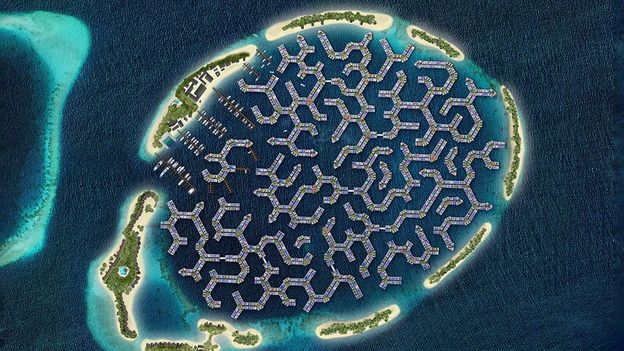The plastic waste arrives on site in bales – contaminated, multi-layer plastic such as flexible films and rigid trays that would otherwise have gone to incineration or energy-from-waste plants. The bales are fed into the front-end sorting facility to remove any inorganic contaminants such as glass, metal or grit. Organic contaminants such as food residue or soil are able to pass through the process. The plastic is then shredded and cleaned, before being mixed with supercritical water.
Once this high-pressure system is depressurised and the waste exits the reactors, the majority of liquid flashes off as vapour. This vapour is cooled in a distillation column and the condensed liquids are separated on a boiling range to produce four hydrocarbon liquids and oils: naphtha, distillate gas oil, heavy gas oil and heavy wax residue, akin to bitumen. These products are then shipped to the petrochemical industry.
As with other feedstock techniques, there is no down-cycling as the polymer bonds can be formed anew, meaning the plastics can be infinitely recycled. With a conversion rate of more than 99%, nearly all the plastic turns into a useful product.
Mahon said: “The hydrocarbon element of the feedstock will be converted into new, stable hydrocarbon products for use in the manufacture of new plastics and other chemicals.” Even the “fillers” used in some plastics – such as chalk, colourants and plasticisers – aren’t a problem. “These drop into our heaviest hydrocarbon product, heavy wax residue, which is a bitumen-type binder for use in the construction industry.”
The hot, excess gases generated during the process will be used to heat the water, increasing its energy efficiency, and the plant will be powered by 40% renewable energy. “We want to use as much renewable energy as possible and will be seeking, wherever practical, to aim for 100%,” says Mahon.
Mura’s Teesside plant, due for completion in 2022, aims to process 80,000 tonnes of previously unrecyclable plastic waste every year, as a blueprint for a global rollout, with sites planned in Germany and the US. By 2025, the company plans to provide one million tonnes of recycling capacity in operation or development globally.
“[Our] recycling of waste plastic into virgin-equivalent feedstocks provides the ingredients to create 100% recycled plastics with no limit to the number of times the same material can be recycled – decoupling plastic production from fossil resource and entering plastic into a circular economy,” says Mahon.
Scientists such as Sharon George, senior lecturer in environmental science at Keele University, have welcomed Mura’s development. “This overcomes the quality challenge by ‘unmaking’ the plastic polymer to give us the raw chemical building blocks to start again,” says George. “This is true circular recycling.”












